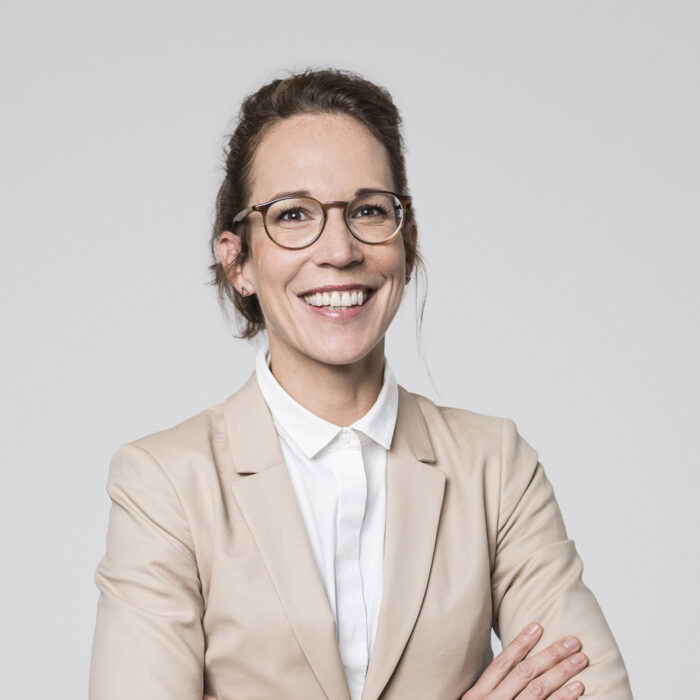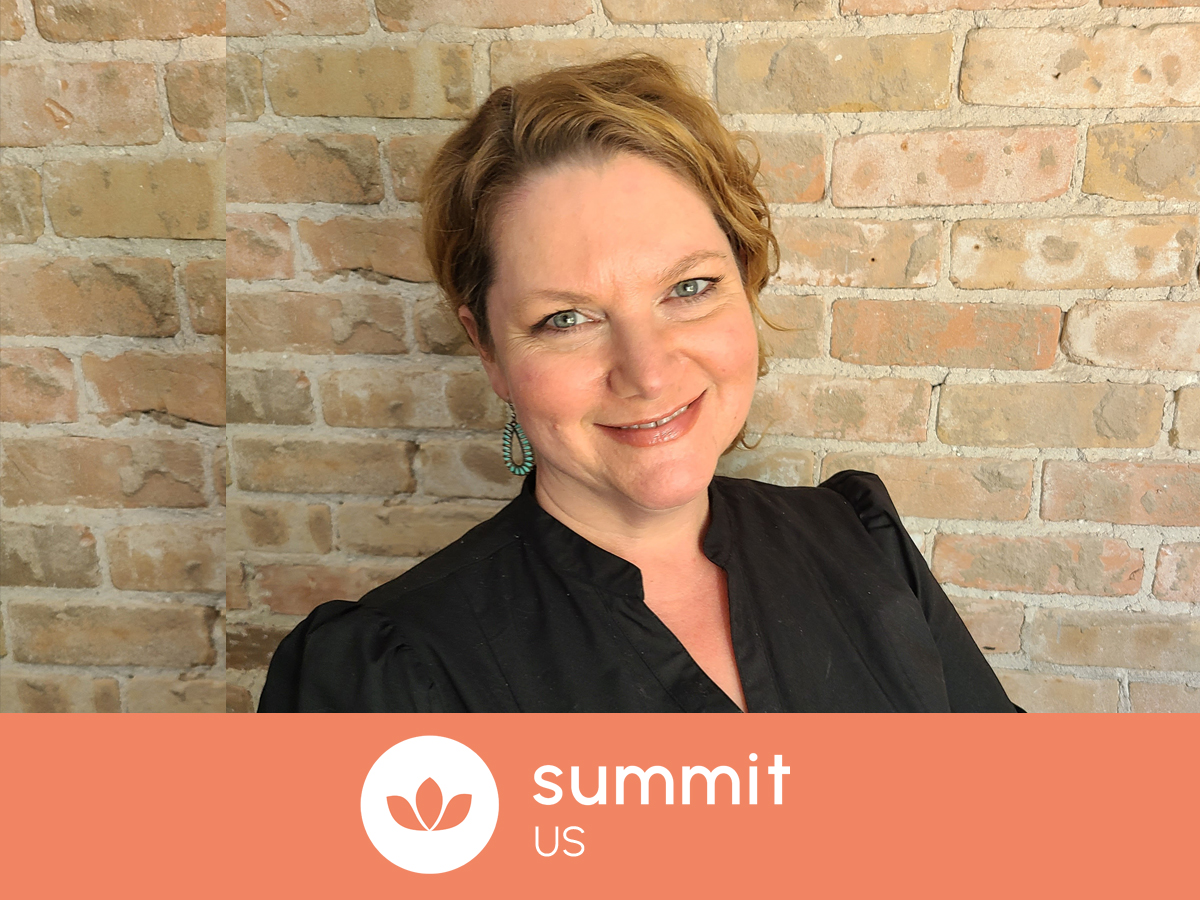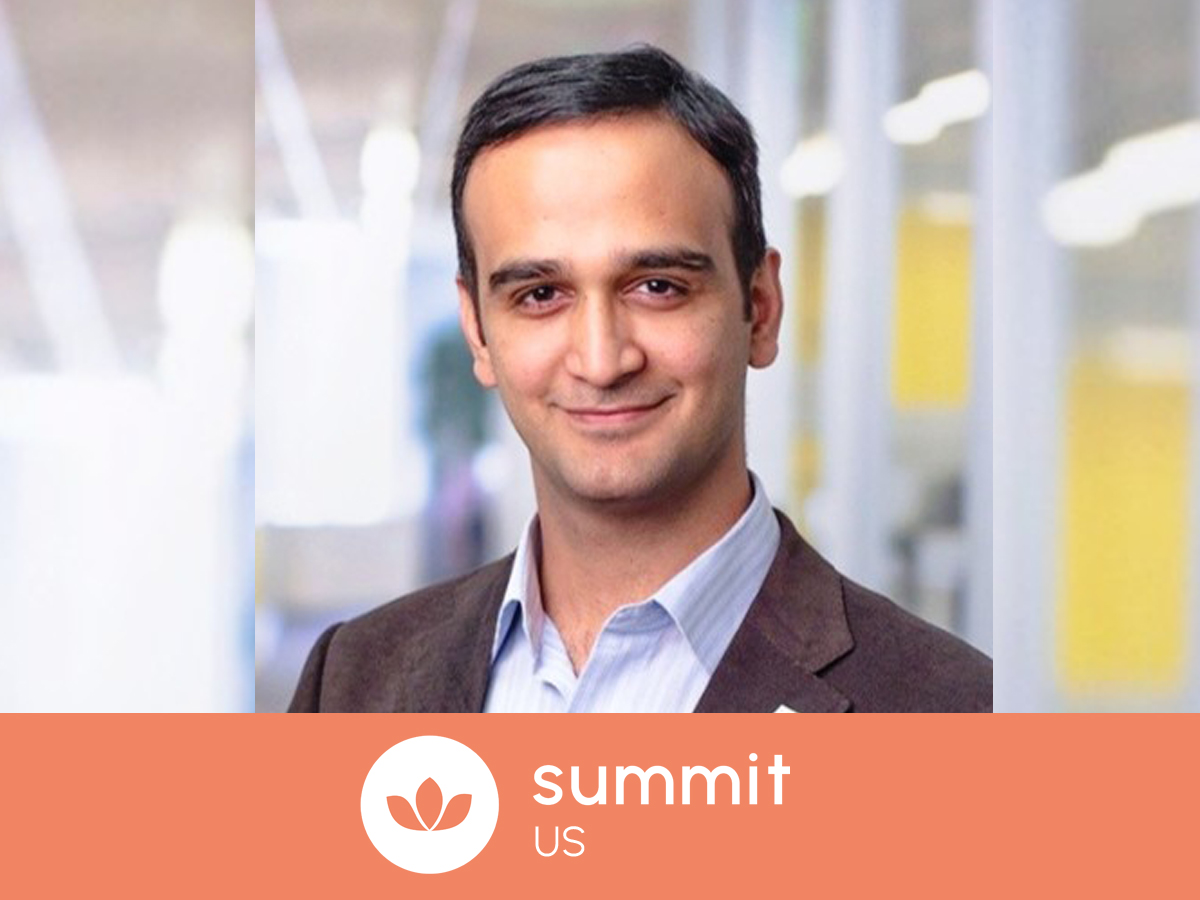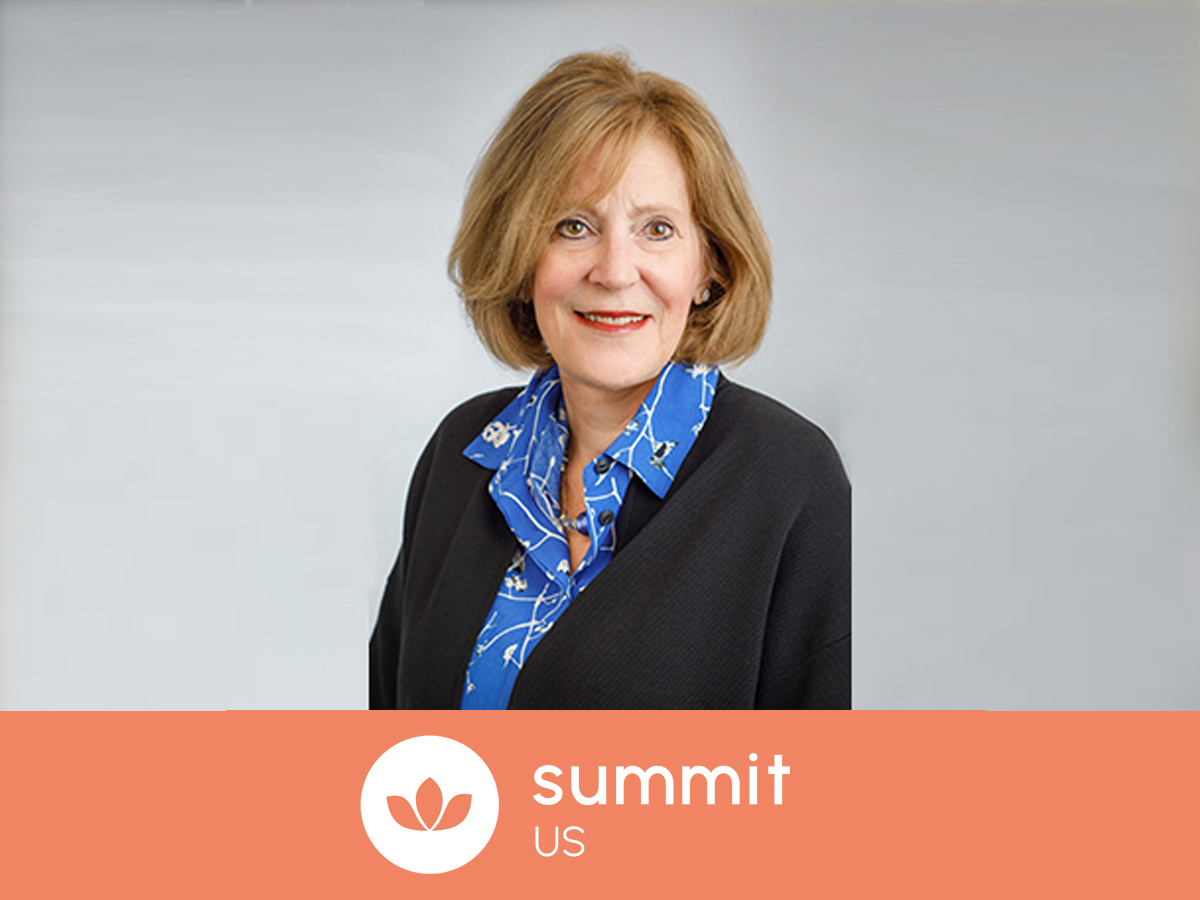
Nicole works at the Competence Centre for Diversity and Inclusion at the University of St.Gallen. She’s a member of the management team and co-leading the annual Diversity Benchmarking study, one of the largest DE&I projects in Switzerland. With her team, she supports companies, NPOs and public administrations in effectively implementing D&I strategies. She’s acting as a senior DE&I advisor to companies as well as to industry associations on topics such as DE&I strategy and analysis, gender and generational diversity, intersectionality, unconscious bias and inclusive leadership. She also gives topic related training and workshops and publishes professional articles.
We caught up with Nicole in preparation for her involvement in the Wellbeing at Work Summit Europe which takes place from 23-25 May live and in-person in Amsterdam & Zurich to find out why she is so passionate about wellbeing at work and why she is looking forward to the Summit.
We are thrilled that you will be speaking at our Wellbeing at Work Europe Summit in May. Our first and most important question is, how are you doing today?
I am excited to be part the Summit. It’s my first time – and also the first time it takes
place in my so to say home town of Zurich.
As a leader based in the region, what are the main challenges you are facing when it comes to employee wellbeing?
It’s not easy to sum up in a few words because it’s such a complex topic. If I had to
summarize, I’d say we currently face an enormous challenge in enabling successful
work life-integration, with too many employees being constantly stretched at work,
doing overtime while managing all kinds of other intense life aspects. This has been
exacerbated post-Covid, as the lines between work and home have blurred beyond
recognition. A second key challenge centers the consequences of toxic culture and
leadership. There are too many leaders who are caught in traditional leadership styles
that no longer matches what employees need from their leaders in terms of empathy,
trust and guidance.
What strategies have you seen developing in Europe over the past 6-12 months to address health and wellbeing in the workplace?
Companies have become more strategic and proactive around the topic: I’m seeing a
strong focus on education, training and awareness-building. Companies are building
networks of mental health / wellbeing “firstresponders” or train managers to equip
them with the knowledge and skills necessary to effectively support the mental health
and wellbeing of their team members. I’d also say that the offers for employees to
develop skills related to stress management, healthy habits, and mental health
awareness have increased.
Why is employee wellbeing so important to you personally?
It’s been out there for decades living according to the motto “Mens sana in corpore
sano” – that’s a principle I’m following not only personally, but also try to impart on
my team. I see the benefits of raising awareness and building knowledge about mental
health and physical wellbeing topics, as well as of actively managing these topics in
my daily work. If we are more self-aware, happy and resilient, we bring more power to
our work and the environment we collaborate with.
What are you most looking forward to about the Summit in May?
I’m looking for active listening to and for learning from each other, being inspired by
new perspectives, new approaches and new talent that is committed to this important
topic.
Tell us, what is your vision for the workplace of the future, in terms of employee engagement, health and wellbeing?
My vision is a workplace and company culture that puts employee health and
wellbeing front and center by acknowledging and actively managing the diversity of
needs that come along. Having healthy and happy employees needs to be at the core
of a business strategy.
What areas do you think employers should be focused on over the next 12-18 months?
Companies need to work on developing a systemic approach, which means that
wellbeing at work is not considered as a “one off” or trendy topic, but that there is
clear vision, measurable goals and concrete actions linked to these goals. Only by
doing so, wellbeing at work becomes part of leadership, structures, policies, and
processes.
How has your organisation been leading the way?
We have been first movers in Switzerland when it comes to advancing Diversity, Equity
and Inclusion in the workplace, covering a huge range of different companies and
industries that we collaborate with. With our expertise, research and consulting work
we enable companies to have employees with greater job satisfaction and a sense of
purpose, but also with better mental health and less experience of stress and anxiety,
because they feel included and treated fairly.
Nicole will be speaking in Zurich at the Wellbeing at Work Summit Europe that takes place both live and in-person in Amsterdam & Zurich and virtually for the wider region. Further details on the Summit can be found here.



